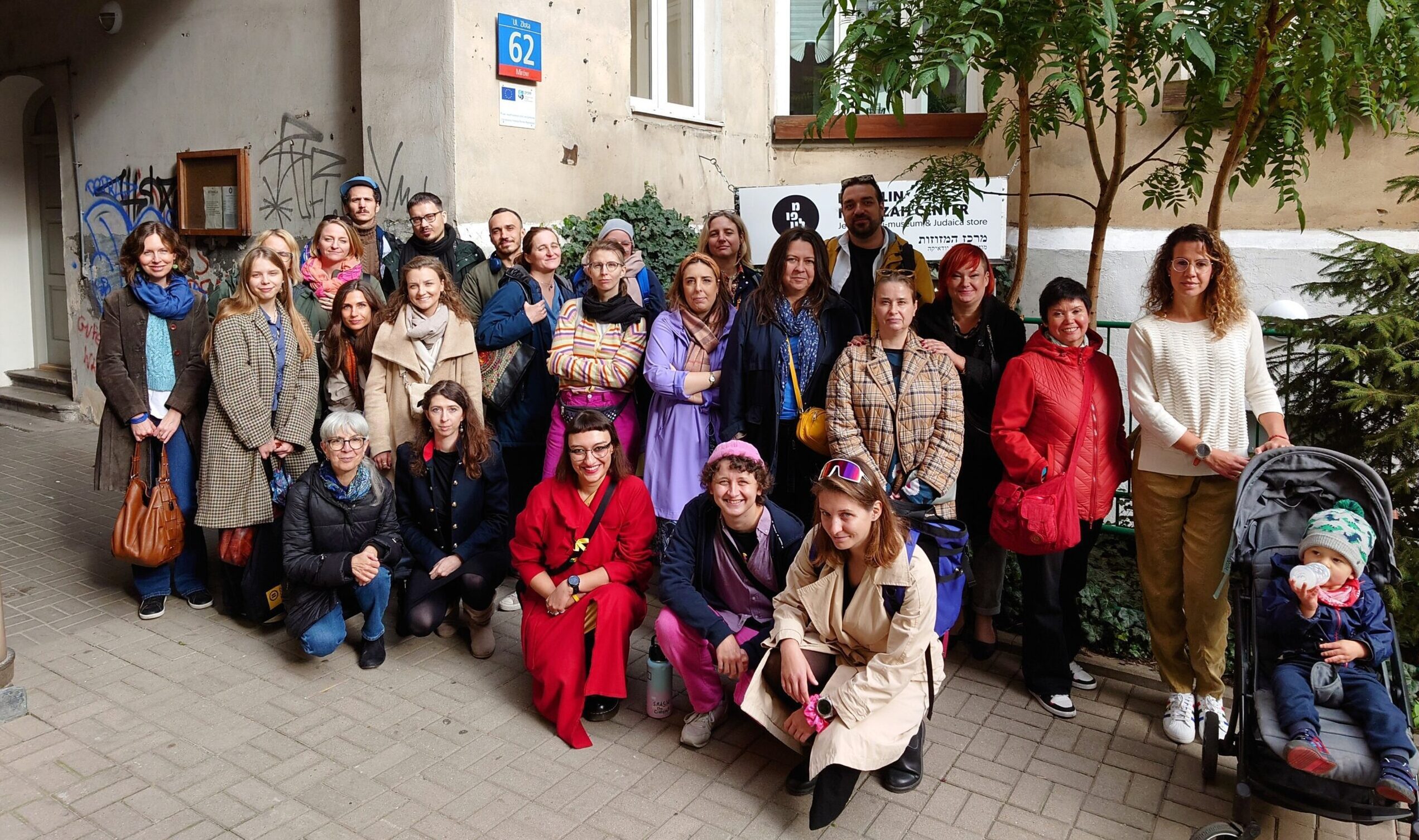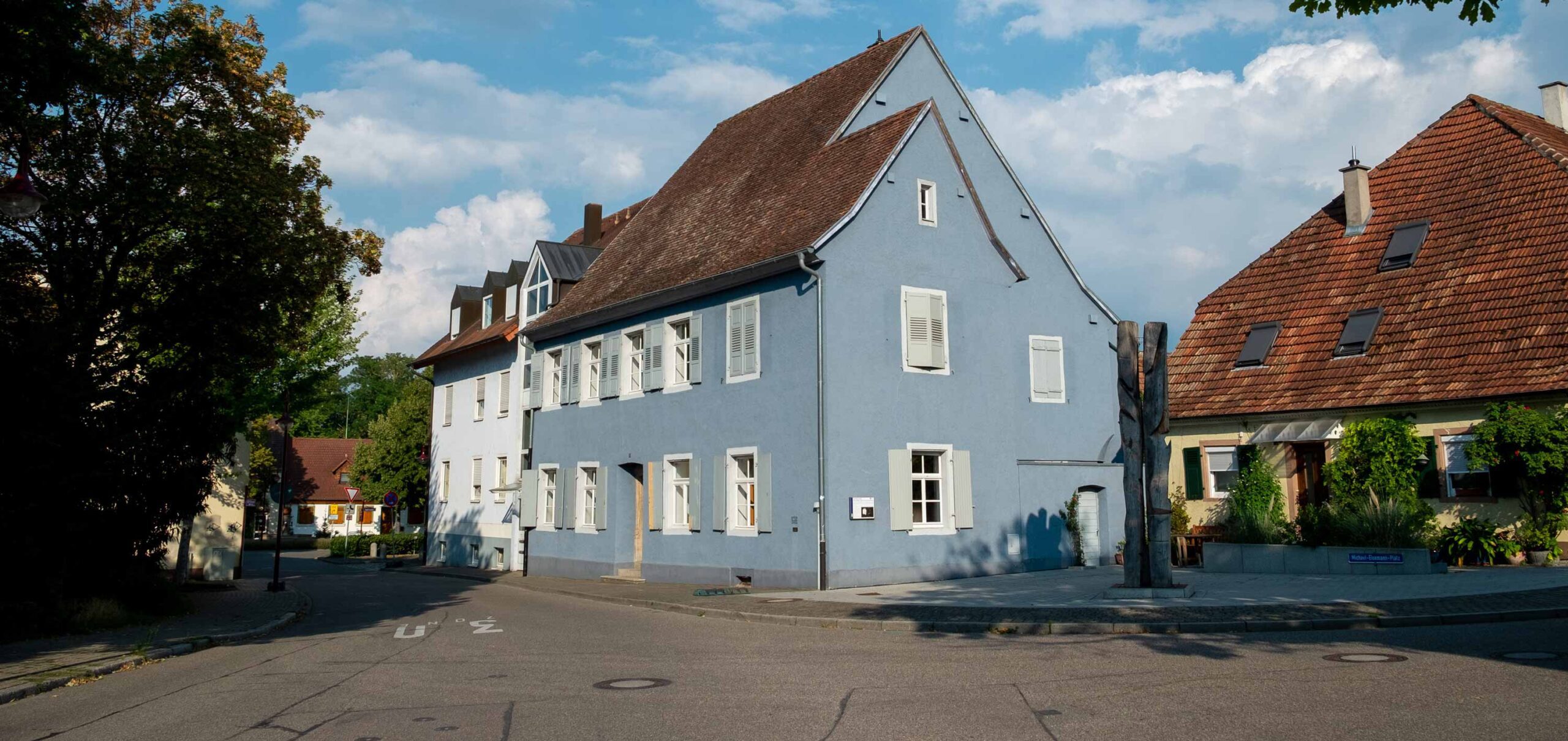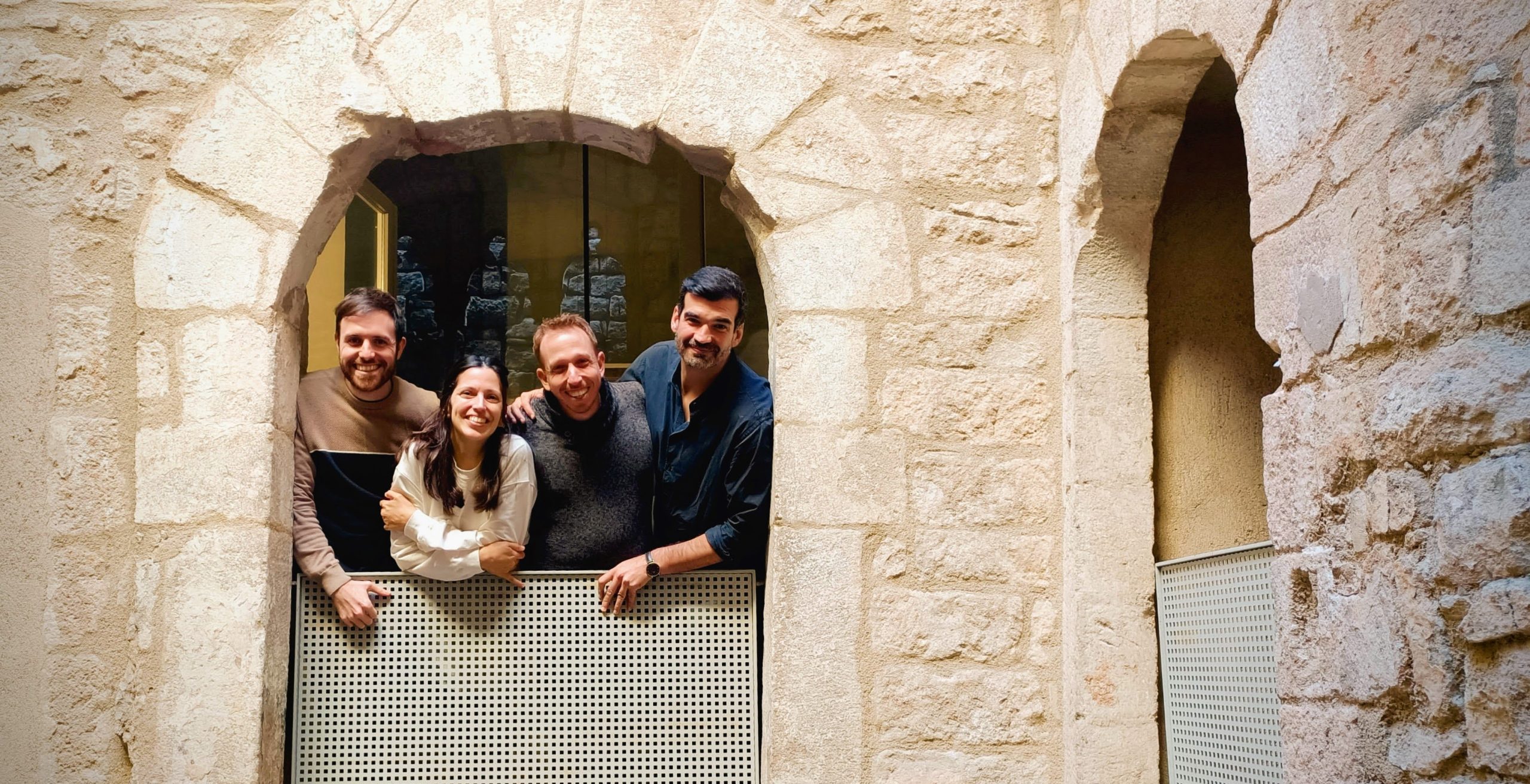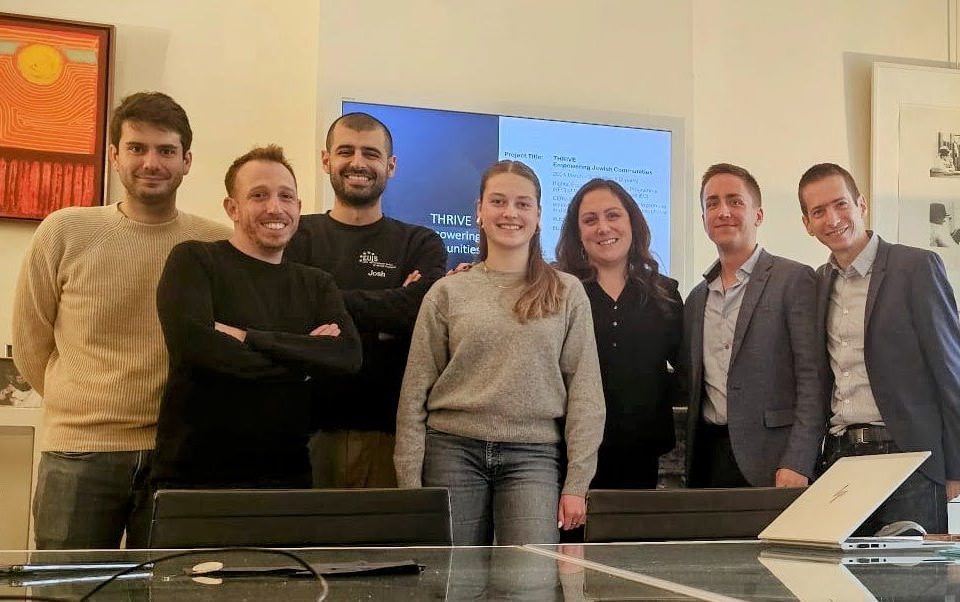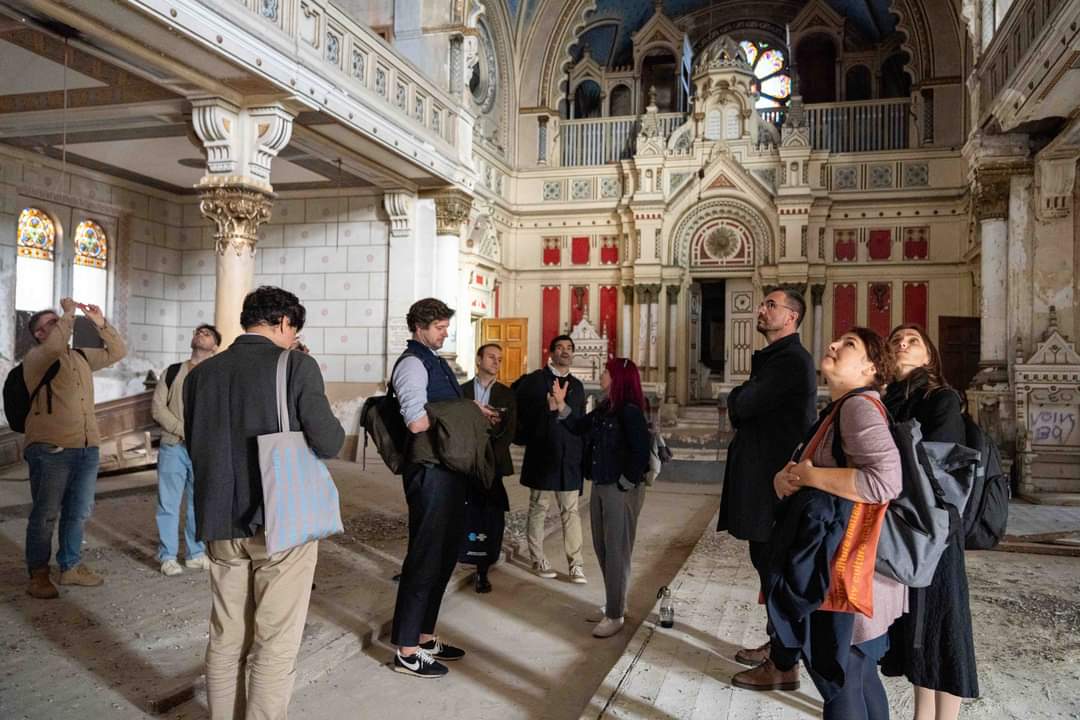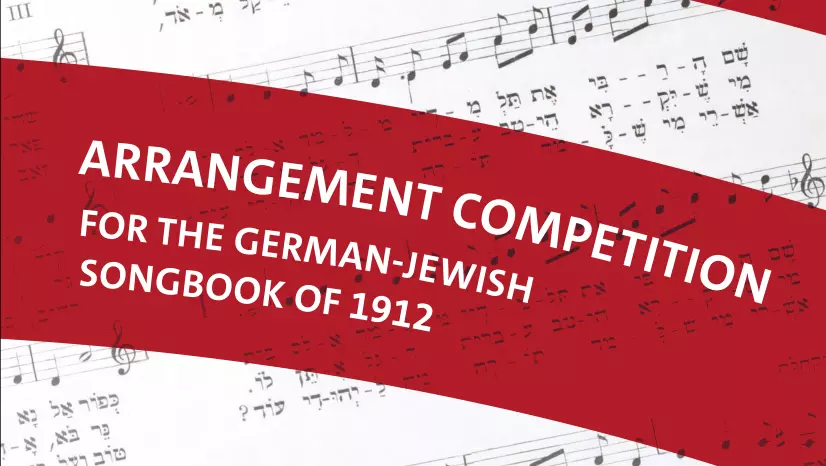- Filter by
- Categories
- Tags
- Authors
- Show all
- All
- AEPJ News
- Andalusia
- Austria
- Azerbaijan
- Balti
- Belarus
- Bendery
- Braunschweig
- Celle
- Chisinau
- EDJC old editions
- EDJC22
- EDJC23
- EDJC24
- EDJC25
- France
- Georgia
- Germany
- Girona
- Hannover
- Hildesheim
- Italy
- Izmir
- Lithuania
- Medieval Route
- Moldova
- National Route
- Orhei
- Padua
- Palaces, Villas and Country Houses
- Poland
- Regional Route
- Rhineland
- Rybnitsa
- Soroca
- Spain
- Thematic Route
- Tiraspol
- Turkey
- Ukraina
- Uncategorized
The AEPJ has officially announced the theme for the 2025 European Days of Jewish Culture:
“People of the Book”
This theme was selected by the EDJC Committee after careful consideration of its rich potential to explore Jewish heritage, foster interfaith dialogue, and inspire innovative programming across Europe.
“People of the Book” highlights the profound role of the written word in Jewish tradition, encompassing sacred texts like the Torah, literary contributions, and the broader cultural and historical context shared with Christianity and Islam. It underscores the transformative power of words to connect communities, preserve memory, and foster mutual understanding. The theme “People of the Book” invites local organisers to explore the shared heritage of Jewish, Christian, and Islamic traditions, promoting interfaith dialogue and cultural understanding.
On November 2024, a Shtetl Routes Network Incubator seminar took place at the ‘Grodzka Gate – NN Theatre’ Centre in Lublin with the aim of building and strengthening a community of people from Poland and Ukraine involved in working with Jewish cultural heritage through various activities (cultural, educational, artistic, museum, ethnographic, tourist, documentary, Internet, other).
The three-day program of the seminar included workshops on the MiDorLeDor methodology for Jewish heritage education, lectures intended to highlight the specificities of the Shtetl Route, unique as it connects Jewish legacy in the transborder region with Ukraine and Belarus, discussion panels regarding the current deals for Jewish heritage education, and showcases of cultural products that are contributing to the Jewish culture dissemination such as concerts and visits to places and memorials related to the history of Lublin’s Jews.
The AEPJ member Taube Center for Jewish Life & Learning launched the training for educators of Mi Dor Le Dor Europe. A diverse group of 28 professionals, including experts in Jewish heritage, educators from both formal and informal settings, tour and museum guides, and members of Jewish community organizations, came together in Warsaw to embark on this new edition of the training programme.
The program began with a warm welcome from Helena Czernek at the Mi Polin Mezuzah Center, located on Złota 62 Street. This unique space serves as both a Jewish mini-museum and a design store. Participants engaged in a workshop and explored the center before taking a short tour of one of the most significant surviving remnants of the Warsaw Ghetto, located in the courtyard of the building at Złota 62.
As along Autumn the members of MDLDE programme have been launching the training for educators events, recently in November Route du Judaisme Rhenan organised the opening seminar for the Upper Rhine, a transnational programme mixing Jewish heritage edcuators and guides from France, Germany and Switzerland. The event was hosted by the Blaues Haus in Breisach (Germany), a key remembrance and education centre for the exploration of the region’s Jewish cultural heritage.
The day began with avisit to the iconic St. Stephen’s Cathedral, where participants explored medieval representations of Jewish communities. This was followed by a formal opening at the Blaus Haus conference hall, featuring insightful presentations. Françoise Elkouby offered an Alsatian perspective on the Baden region, while Christiane Walesch-Schneller highlighted Breisach’s connections to Alsace.
The AEPJ is excited to announce the creation of the European Days of Jewish Culture Committee, which convened for its inaugural meeting on November, 2024. This new body is set to play a pivotal role in enhancing the coordination and strategic planning of the annual EDJC festival, ensuring its continued impact as a platform for celebrating and promoting Jewish heritage across Europe.
The committee, comprised of representatives from national coordinating organizations across the continent and the National Library of Israel, aims to foster closer collaboration among national coordinators and local organizers. Its primary objectives include developing a comprehensive long-term work plan for the EDJC, streamlining reporting and evaluation processes, and implementing more advanced planning for the festival’s annual themes.
The European Association for the Preservation and Promotion of Jewish Culture and Heritage (AEPJ) is delighted to announce the appointment of Carme Vinyes Ferrer as its new Communication Officer. With a background that combines expertise in IT consulting, strategic communication, and a strong commitment to promoting Jewish heritage, Carme brings a unique skill set and deep passion for Jewish cultural legacy to AEPJ.
Carme, who has been actively involved in Jewish heritage projects through her work with Casa Adret, headquarters of the AEPJ, and as the founder and president of Amics dels Calls de Catalunya, has spent years dedicated to making Jewish culture accessible to the broader society. Her involvement in organizing educational events, literary routes, kosher wine tastings, and heritage visits in Catalonia highlights her commitment to showcasing Jewish history as an intrinsic part of European culture.
This week, the Thrive project partners convened at the World Jewish Congress headquarters in Brussels to kick off a groundbreaking initiative supported by the European Union’s Citizens, Equality, Rights and Values (CERV) program.Thrive is designed to empower Jewish communities across Europe by strengthening resilience, fostering inclusivity, and promoting awareness of Jewish cultural heritage. Aligned with the EU Strategy on Combating Antisemitism and Fostering Jewish Life, Thrive aims to support Jewish communities in claiming and celebrating their heritage in the face of modern challenges.
Led by the World Jewish Congress, the European Union of Jewish Students and the AEPJ, the Thrive project brings together key Jewish institutions to empower communities through resources, visibility, and cultural engagement. This initiative underscores the importance of a vibrant Jewish presence within Europe’s cultural landscape, offering communities tools to sustain their heritage while countering antisemitism and fostering intercultural understanding.
The AEPJ proudly participated in the inaugural Watch Day, held in Timișoara, Romania, on October 17-18, 2024.
This event was organized as part of the World Monuments Watch, a global initiative by the World Monuments Fund that aims to identify and safeguard cultural heritage sites facing threats and challenges. Focusing on the Fabric Synagogue, the event provided a platform for community engagement, highlighting the importance of Jewish heritage in Timișoara through guided tours, workshops, and discussions designed to raise awareness about the site’s historical significance.
The World Monuments Fund, in collaboration with local communities and various international stakeholders, has launched an ambitious restoration project for the Fabric Synagogue. Built in 1899, this architectural gem currently stands closed to the public, yet it represents a cornerstone of the Jewish legacy in Timișoara.
In a significant cultural milestone, Europe’s first international arrangement competition for musical remembrance culture was launched a few days ago in Hanover, during the chor.com European festival. The German Choral Association, in collaboration with Schott Music and Project 2025 – Arche Musica, AEPJ member since 2023, has introduced this competition centered on the German-Jewish Songbook of 1912. This initiative seeks to foster a dynamic choral remembrance culture while promoting engagement with Jewish musical traditions in both Germany and Israel.
The competition is the first of its kind and carries a total prize fund of 20.000 euros, with three winning compositions to be published by Schott Music. Musicians from Germany and Israel are invited to create new arrangements of songs from the Hebrew and German sections of the 1912 songbook, offering them a unique opportunity to make an impactful contribution to a new form of remembrance culture.



